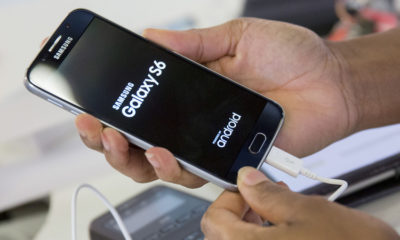Network service providers in Nigeria have reportedly lost about 2.5 million voice subscribers as broadband internet penetration declines.
The significant increase which was recorded in the country’s telecom sector this year seems not to have been sustained after it saw a slight downward trajectory.
The sector which recorded 227.1 million subscribers in February, fell to 226.2 million in March which saw about 1.5 million subscribers SIM become inactive. The downward trend continued to March falling to 223.7 million subscribers.
Reports reveal that the decline in subscribers negatively impacted the country’s tele density which saw it fall from 118.4 percent in March to 117.1 percent by the end of April. Also, penetration in the broadband segment declined from 48.21 percent to 48.14 percent.
Meanwhile, Internet users on the narrow band (GSM) platform increased by 678,485, where operators moved from 156.9 million in March to 157.6 million by April.
On active voice subscriptions, MTN has continued to lead as it recorded 39.7 percent penetration and 88.6 million users, while Globacom had a 27.3 percent market share with 60.3 million users. Airtel occupied the third position with 60.3 million customers and 27 percent penetration, and 9mobile had 13.4 million users and 6% penetration.
Investors King understands that the decline in voice subscribers in the telco sector could be attributed to the cash crunch that ravaged the country between February and March. This was a fallout of the Central Bank of Nigeria’s (CBN) policies on naira redesign and cash withdrawal limit, targeted at boosting the country’s cashless policy.
Nigeria, through the New National Broadband Plan (2020 to 2025) hopes to deepen internet penetration in the country by 70 percent, however, with the decline of voice subscribers recorded, it has posed a challenge to the country’s broadband plan.
In order to ensure to meet up its national broadband plan, Nigeria must ensure to eliminate factors that could hamper the penetration of internet service in the country, as it could also affect the nation’s GDP, as Broadband penetration is directly proportional to GDP.
A 2009 report by the World Bank estimated that for every 10% increase in broadband in developed nations, GDP will grow by more than 1%.













